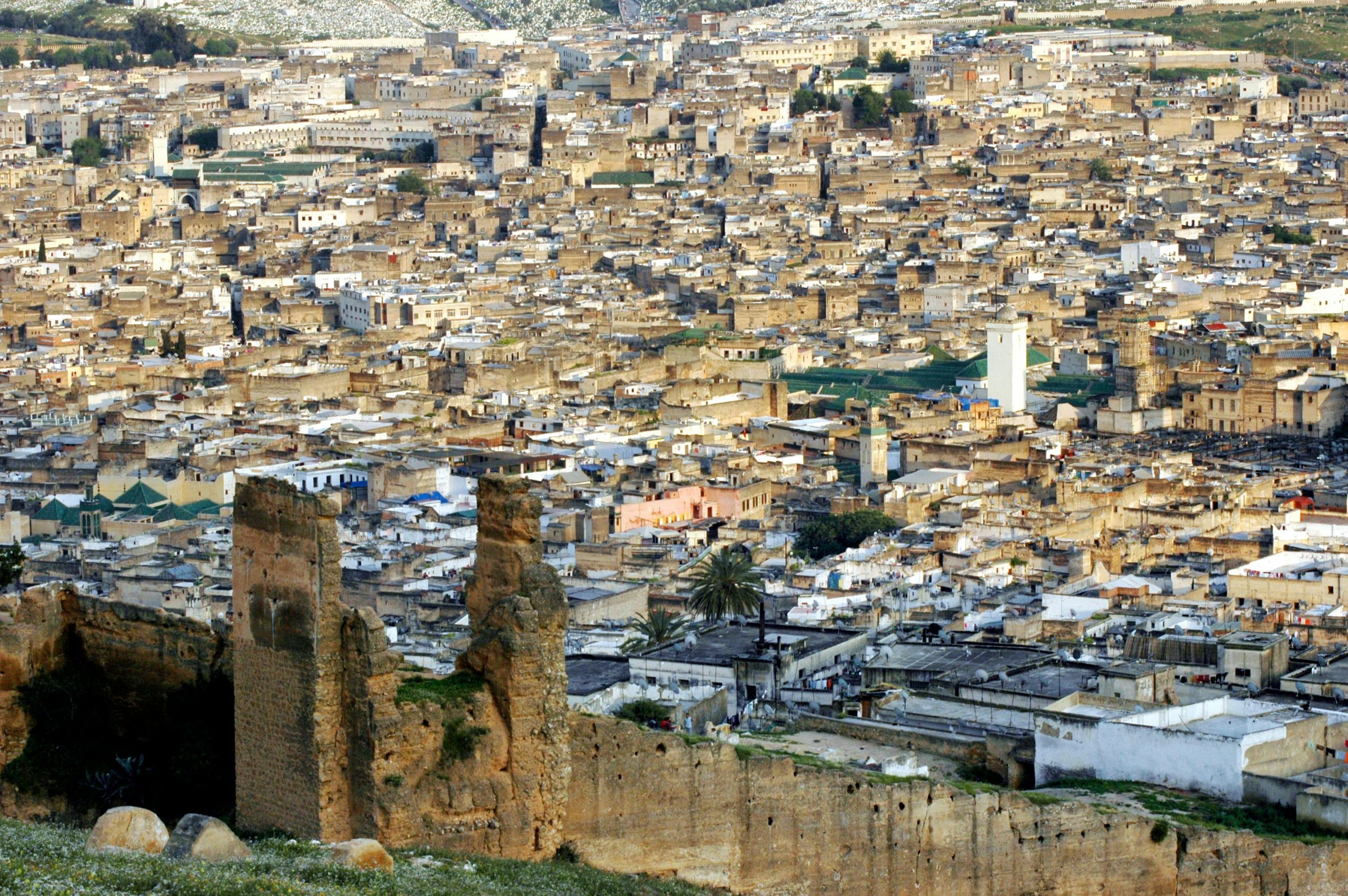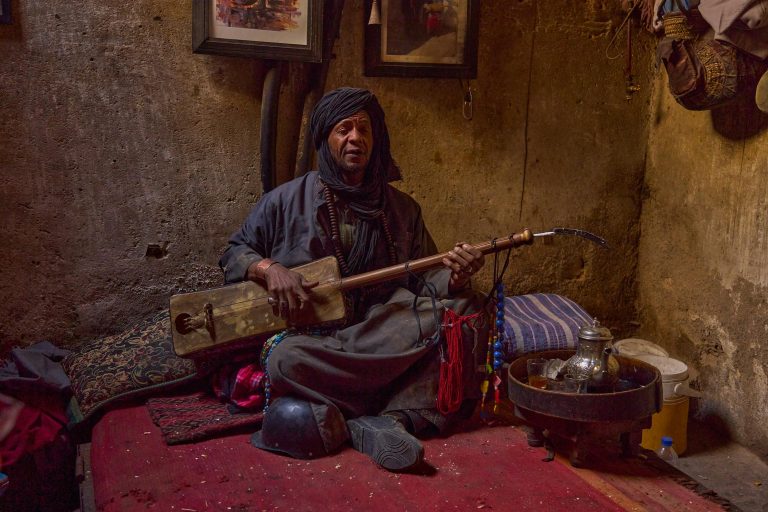The Rich Tapestry of Language and Communication in Morocco
Morocco, a land of vibrant culture and deep history, is also a fascinating mosaic of languages and modes of communication. From bustling urban centers like Casablanca and Marrakesh to the serene sands of the Sahara, language is not just a tool for interaction here but a window into the soul of its diverse heritage. In…
Morocco, a land of vibrant culture and deep history, is also a fascinating mosaic of languages and modes of communication. From bustling urban centers like Casablanca and Marrakesh to the serene sands of the Sahara, language is not just a tool for interaction here but a window into the soul of its diverse heritage. In this blog, we explore how Morocco’s unique linguistic blend enhances its culture, tourism, and local identity.
A Multilingual Nation
One of the most captivating aspects of Morocco is its multilingual society. The country boasts four main languages that coexist harmoniously:
- Arabic (Modern Standard Arabic): As the official language, it is widely used in government, education, and media.
- Darija (Moroccan Arabic): This colloquial dialect is spoken in daily life and showcases the colorful expressions unique to Morocco.
- Amazigh (Berber): A reflection of the indigenous heritage, Amazigh is spoken by millions, particularly in rural areas. It was recognized as an official language in 2011.
- French: Often used in business, diplomacy, and higher education, French is a remnant of Morocco’s colonial history.
Beyond these, Spanish holds influence in the northern regions, and English is becoming increasingly popular among the youth and in the tourism industry.
Language and Tourism
For travelers, Morocco’s multilingualism is both impressive and practical. Tour guides, shop owners, and hospitality professionals often switch seamlessly between languages to cater to international visitors. Whether you’re haggling in a souk or navigating a historic kasbah, the blend of languages makes every interaction memorable.
To enrich your experience, here are a few phrases to try:
- Shukran: Thank you (Arabic)
- Salaam Alaikum: Peace be upon you (Arabic greeting)
- Afek: Please (Amazigh)
- Bonjour: Hello (French)
Non-Verbal Communication
Language is only part of the story. Morocco’s non-verbal communication is equally expressive. The use of gestures, eye contact, and even personal space differs from Western norms, adding another layer of cultural intrigue. For example:
- The Hand Over the Heart: A gesture often accompanying a greeting or gratitude.
- The Extended Handshake: Especially common during formal or business interactions.
- Hospitality Signals: Offering tea is a universal sign of welcome and warmth.
Understanding these non-verbal cues enhances connections with locals, offering a more authentic Moroccan experience.
Cultural Preservation Through Language
Morocco’s efforts to preserve its linguistic heritage are noteworthy. Initiatives to promote Amazigh, such as incorporating it into the school curriculum and creating dedicated cultural festivals, have rekindled pride in this ancient tongue. Similarly, the thriving art, music, and literary scenes serve as vessels for expressing Morocco’s rich linguistic traditions.
Enhancing Your Visit Through Communication
To fully appreciate Morocco’s linguistic charm, consider these tips:
- Learn Basic Phrases: Familiarizing yourself with common expressions in Arabic or French can go a long way in connecting with locals.
- Hire Multilingual Guides: A knowledgeable guide fluent in multiple languages can enrich your understanding of Morocco’s history and culture.
- Immerse in Local Customs: Participate in traditional gatherings or language workshops to dive deeper into the essence of Moroccan communication.
Final Thoughts
Language and communication are more than tools for interaction in Morocco—they are gateways to understanding its soul. By embracing the linguistic and cultural tapestry, travelers can unlock deeper, more meaningful experiences in this enchanting land.
Visit Morocco Tourism invites you to explore not just the breathtaking landscapes but also the profound connections language fosters in this unique country.

